Introduction
The history of the Peking University School of Foreign Languages (SFL) can be traced back to the Jingshi Tongwen Guan (1862-1902), boasting over 160 years of history, even 36 years earlier than Peking University's predecessor, the Jingshi University. Numerous outstanding scholars have taught within the esteemed foreign language discipline at PKU throughout different periods.

The School comprises 15 departments, centers, and institutes, including Arabic; Korean; German; Southeast Asian Languages; Russian; French; South Asian Studies; Japanese; Spanish, Portuguese & Italian; West Asian Studies; Asian and African Studies; English; the Institute of World Literature; the Institute of Foreign Linguistics and Applied Linguistics; and the Center for International and Regional Studies.
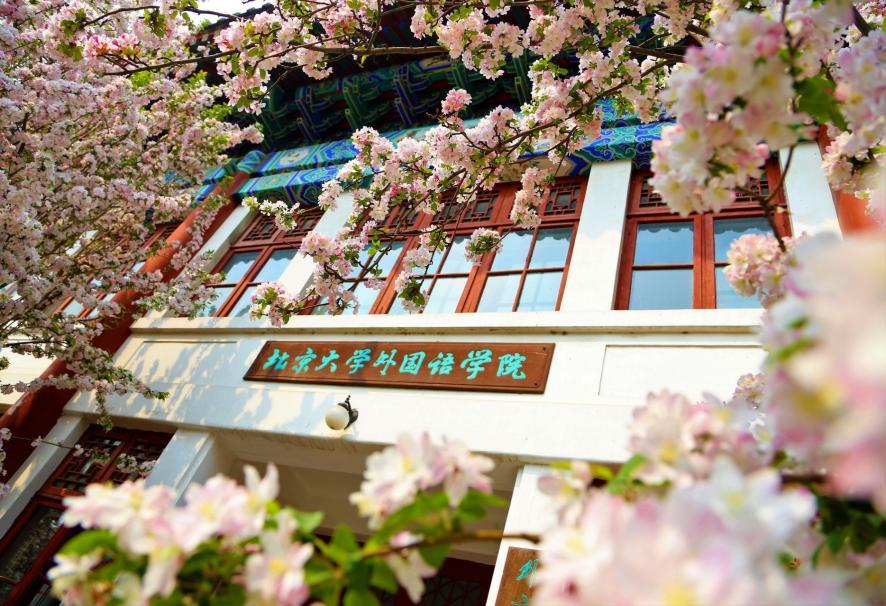
SFL has over 200 faculty members, a highly diverse and internationalized team. In recent years, a large number of PhD graduates have returned from world-renowned universities such as Harvard, Cambridge, UC Berkeley, Freie Universität Berlin, Georgetown, Moscow State University, and Université Sorbonne Nouvelle Paris 3, alongside more than 40 international faculty members, including chair professors. There are over 1,300 enrolled students across undergraduate, master's, and doctoral programs, including more than 800 undergraduates.
PKU's Foreign Language and Literature discipline is renowned for its academic achievements in both Oriental and Western Studies. It cultivates top-tier foreign language talents, makes outstanding contributions to the development of foreign language studies nationwide, and provides strong foundational support for the internationalization of all PKU students. It ranked first overall in the National First-Level Discipline Assessments of 2008 and 2012. In the 2016 fourth round, it was rated "A+", and it achieved excellent results again in the 2020 fifth round, demonstrating powerful and stable disciplinary strength. In the 2024 QS World University Rankings by Subject, the School's relevant disciplines maintained top global positions: Modern Languages ranked 9th, English Language & Literature 33rd, Linguistics (shared with other schools) 21st, and Classics & Ancient History (shared) 10th. In the latest 2025 QS rankings, Linguistics and Classics & Ancient History rose significantly to 2nd place globally. Twenty PKU SFL majors(English, Russian, French, German, Spanish, Portuguese, Japanese, Arabic, Mongolian, Korean, Vietnamese, Thai, Burmese, Indonesian, Filipino, Hindi, Sanskrit & Pali, Urdu, Hebrew, and Persian) have been approved as National First-Class Undergraduate Program Construction Sites. The English department's "Intensive Reading of English" and the Russian department's "Basic Russian" have been recognized as National First-Class Undergraduate Courses.
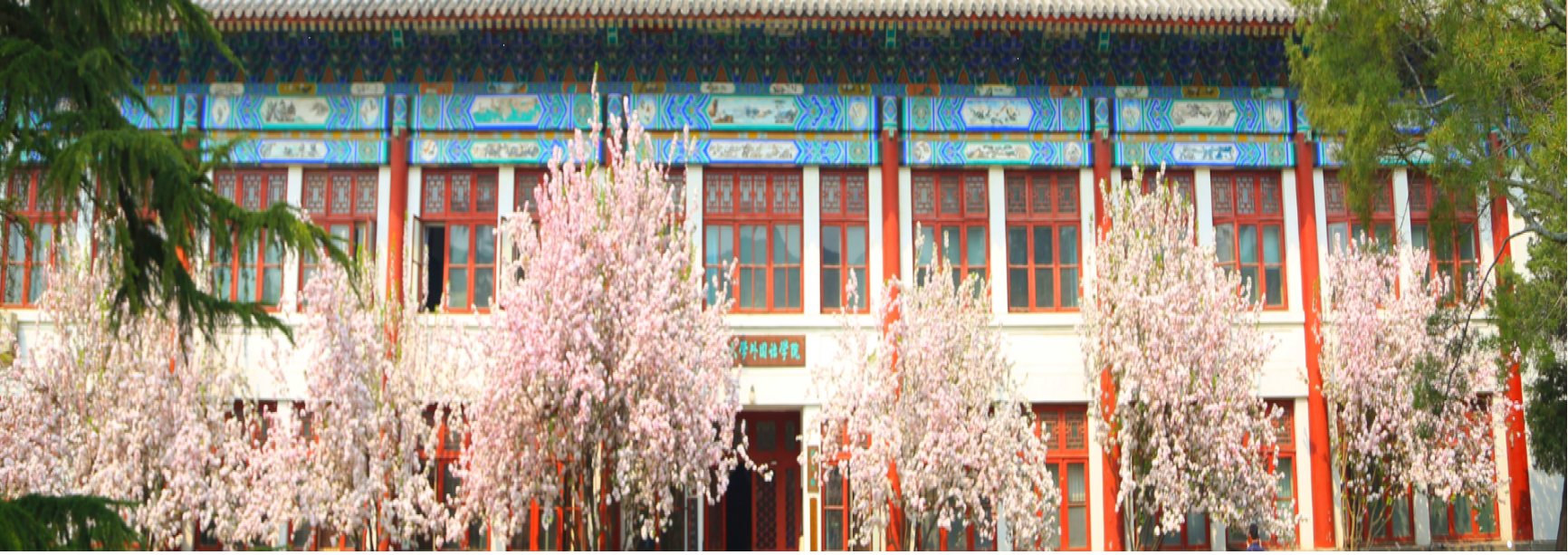
Talent Cultivation
The advantages and characteristics of the discipline can be summarized as: humanistic foundation, diversity and coexistence, and interdisciplinary development.
Solidifying Language Foundation, Mastering Professional Language
Through local teaching, international exchange, and adjustments to curriculum and teaching models, we promote talent cultivation. Students become versatile talents with a foundation in foreign languages, specialized knowledge, and broad learning, possessing strong cross-cultural understanding and extensive communicative abilities, evolving into outstanding individuals with social responsibility and international vision. Through rigorous training, students generally grow into high-quality talents with full potential to play important roles in their professional fields.
Learning Eastern and Western Cultures, Integrating Chinese and Foreign Knowledge
Fully leveraging PKU's multidisciplinary resources, we encourage students to take high-quality university-wide general electives, respect student interests, and support them in pursuing double majors or minors. We aim to cultivate a new generation of foreign language professionals with sound humanistic qualities, a creative spirit, and a foundation in multidisciplinary knowledge.
Breaking Down Disciplinary Barriers, Achieving Interdisciplinary Cultivation
We break down teaching barriers within the discipline, building upon the traditional strengths of language and literature while expanding into history, politics, economics, philosophy, religion, education, and many other fields. We actively promote disciplinary cooperation and co-construction with related schools/departments such as Chinese Language and Literature, History, Archaeology, Philosophy, and International Studies, realizing a "general education" cultivation model. Adopting a "Foreign Language and Literature Direction + Professional Direction" format prepares the foundation for strengthening interdisciplinary talent cultivation in "Area and International Studies."
Drawing on the mature experience of the "Foreign Languages and Foreign History" program, we explore multiple interdisciplinary undergraduate talent cultivation models. Established programs include the Multilingual International Excellence Foreign Language Talents Pilot Program, the "Belt and Road" Foreign Language and Culture Education Program, the Foreign Languages and International Communication Program, the Chinese-English Outstanding Talents Joint Cultivation Program, the Indian Classical Studies Program, the Area and International Studies Program, the Digital Humanities and Foreign Language Talents Program, and the "Belt and Road" Countries Foreign-Related Legal Talents Program, among others.
Overseas Experience
Relying on opportunities from the China Scholarship Council (e.g., Area Studies and High-Level Foreign Language Talents Program), university-level exchanges, short-term exchanges, Ministry of Foreign Affairs targeted programs, and the National Construction of High-Level Universities Public Graduate Study Abroad Program, every "SFLer" will have the opportunity to gain their own overseas experience.
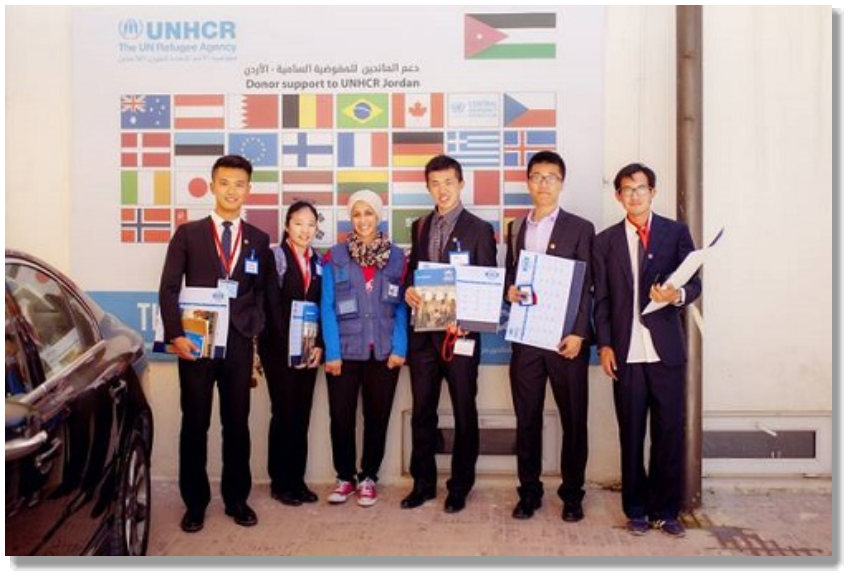
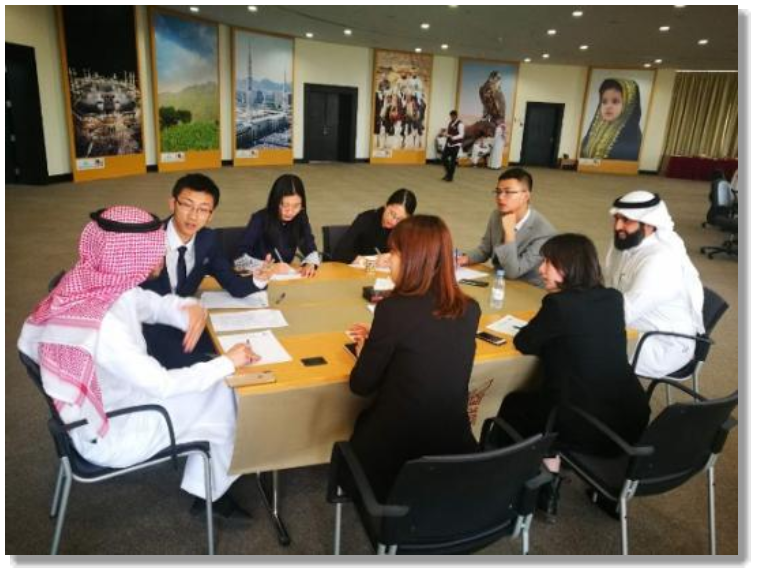
Educational Objectives
The School aims to cultivate talents who not only possess unparalleled foreign language skills (including oral communication and written expression) but also, more importantly, through professional training in language, literature, and area studies, can fully enter the world of the foreign language and thus the world of the foreign culture. Unlike those confined to their native language and cultural perspective, individuals with truly cross-linguistic and cross-cultural multiple perspectives can work and live comfortably anywhere in the global village, responding to all things with a broader vision and greater inclusiveness, and penetrating life, philosophy, and scholarship with deeper insight. Such "foreign language talents" can not only excel within the foreign language profession but also, once entering other professional fields, quickly adapt and become leaders in various sectors, leveraging their rigorous, systematic, and formal theoretical and skills training.
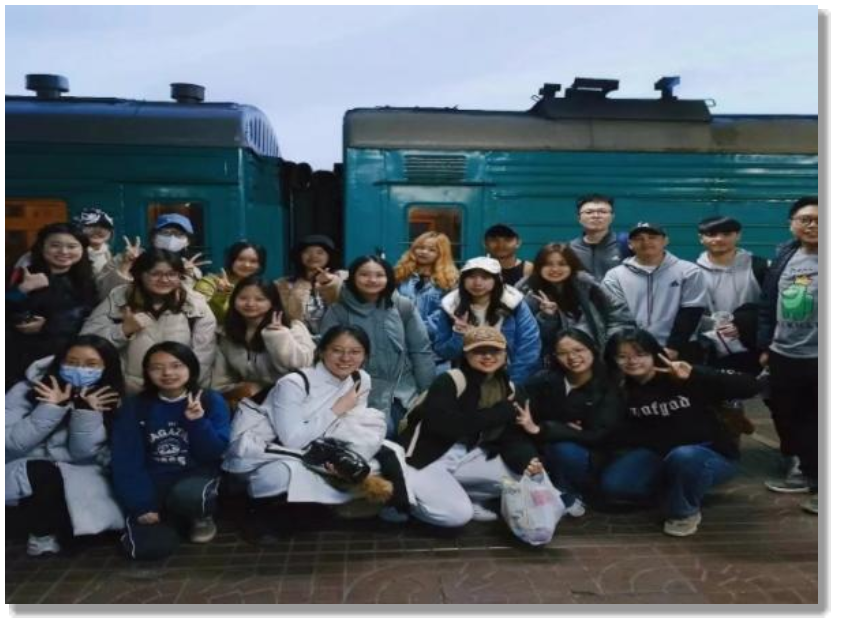
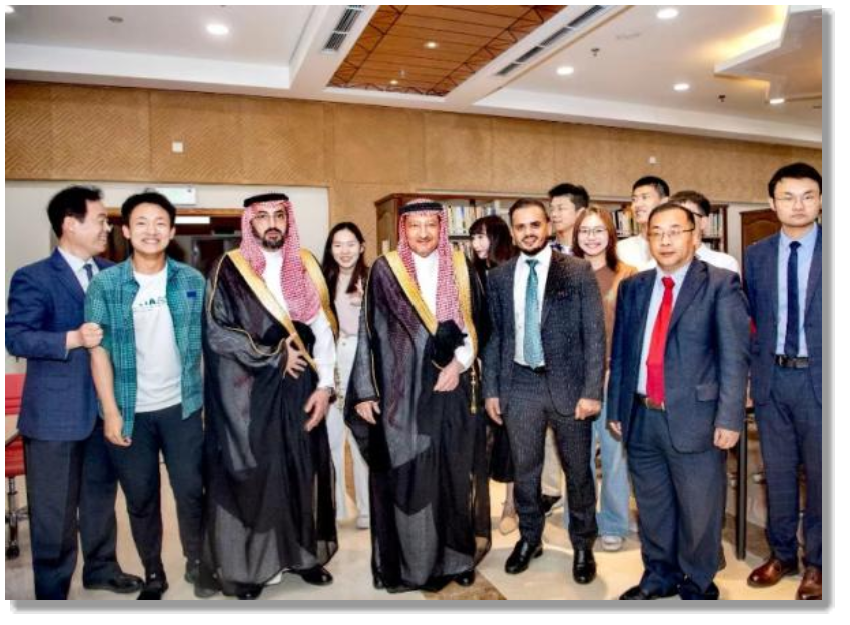
Featured Courses
Each "SFLer" opens a window to another world through the language they study. Alongside language courses, the School offers courses in national literature, culture, area studies, history, art, and religion. Examples include: Appreciation of Literary Masterpieces, Shakespeare and Marlowe's Plays, Foreign Prose, Oriental Literature, Foreign Poetry, Introduction to Japanese Culture, Introduction to Latin American History and Culture, Overview of Islamic Culture, Western Culture, Korean Economy, The Contemporary Arab World, Russian Literature, Russian Society and Culture Lecture Series, Topics in Japanese Culture and Arts, History of Western Religious Thought, Indian History, Indian Religions, and Southeast Asian Culture.
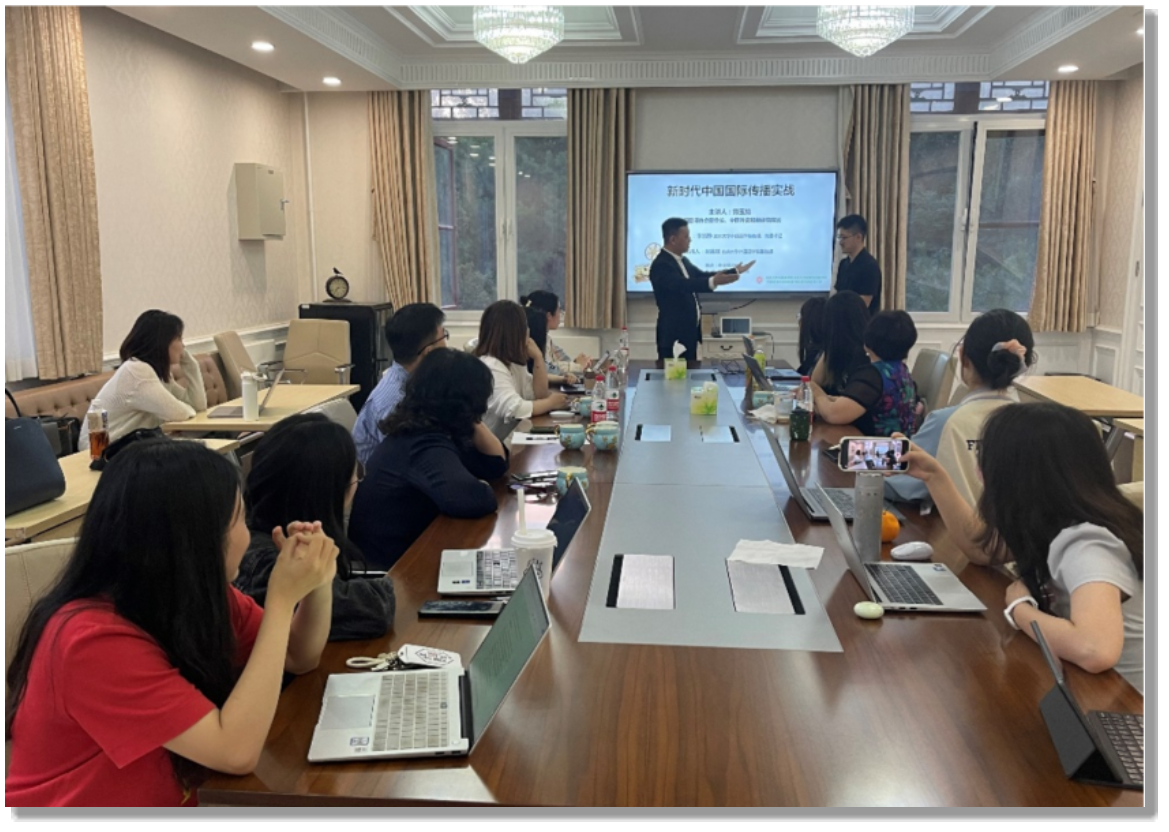
Student Club Life
"SFLers" have founded various clubs, such as the International Language Exchange Association, English Drama Club, China-Europe Exchange Association, and the SFL Youth Volunteers Association, actively organizing diverse student activities. Simultaneously, "SFLers" have created their own brand event, the "School of Foreign Languages Culture Festival,"which integrates SFLers' rich cross-cultural exchange experiences and establishes their positive image as "cultural ambassadors between China and the world" at PKU.
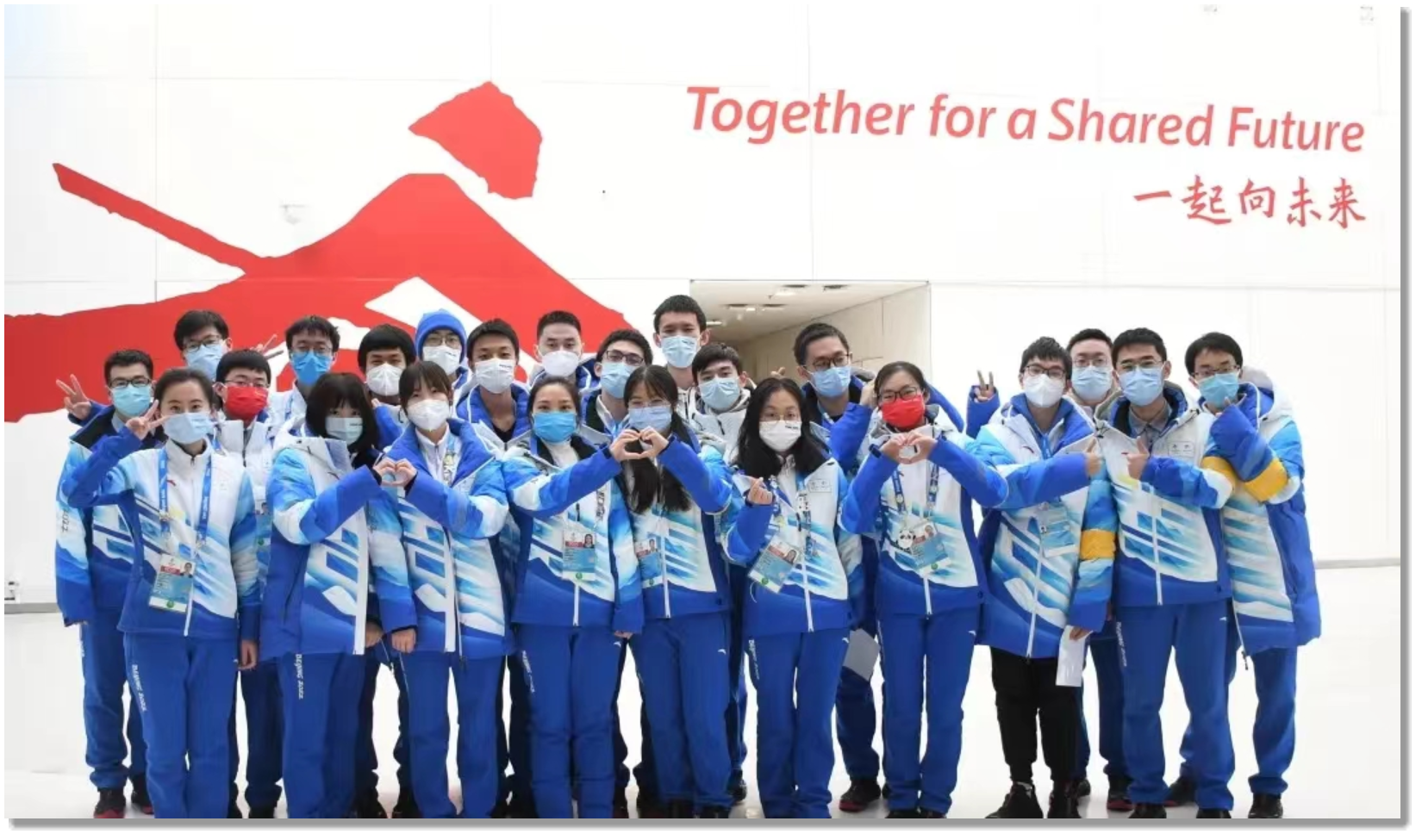
Fostering Patriotic Sentiment and Enhancing Social Responsibility
The School consistently integrates the cultivation of patriotic sentiment into the entire talent development process, emphasizing the deep integration of ideological and political education with professional education, and guiding students to closely combine personal development with national needs. Through organizing student participation in field research in "Belt and Road" countries, national translation projects, and foreign-related legal talent training, we help students understand national strategic needs and enhance their sense of mission to serve the country and society. Cooperation with local governments, enterprises, and institutions facilitates social practice activities, sending students to the grassroots level to engage with issues like rural revitalization and the promotion of foreign language education , thus fostering social responsibility and a deeper understanding of Chinese society. Within the curriculum, language learning is combined with area studies and cultural exchange; courses in English, Russian, French, Arabic, etc., incorporate content on disseminating and narrating Chinese culture, developing students' ability to tell China's story well using foreign languages. In literature, history, and religion courses, students are guided to compare Chinese and foreign cultures, strengthening cultural confidence. Through these practices and curriculum development, the School inspires teachers and students to explore Chinese theory from cross-cultural perspectives, uncover the code of contemporary China's development, and provide Chinese wisdom and solutions for global issues.
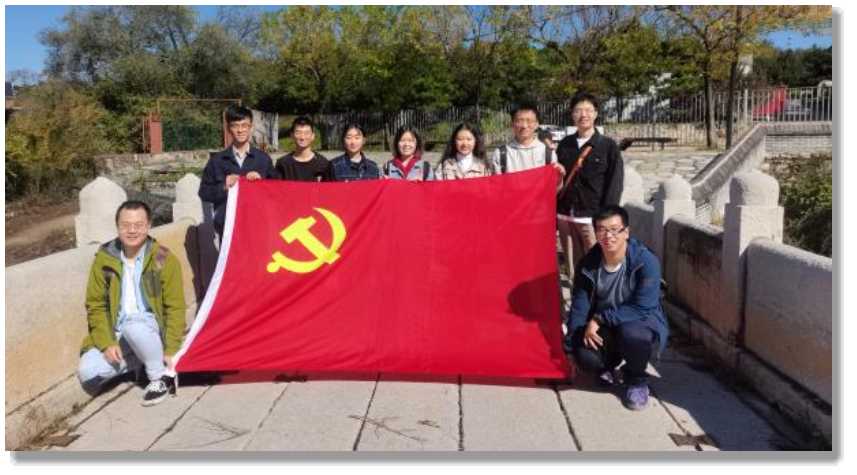
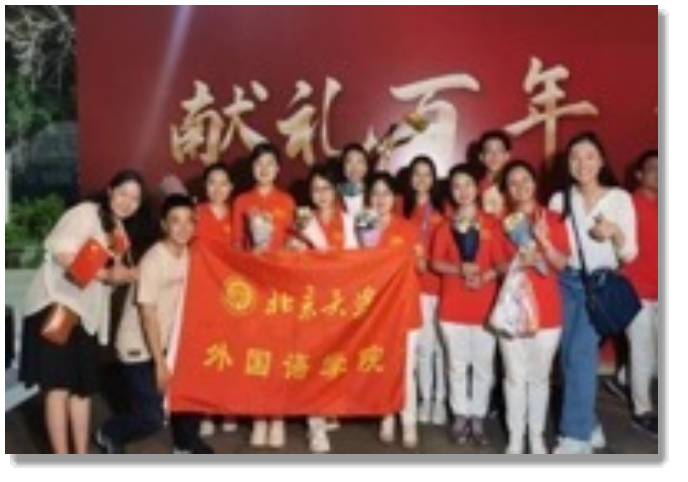
Advancing Digital Construction, Empowering Teaching and Research
The School highly values the application of digital transformation in teaching and research, committed to building a modern foreign language education system. We actively promote the creation of new learning materials like MOOCs, digital textbooks, and virtual simulation courses, and actively advance knowledge graph development, AI-assisted teaching, big data model course construction, and digital humanities research. The School also collaborates with companies like Huawei and Alibaba International, participating in the development and application of large language models, and exploring innovative uses of AI technology in language learning and cross-cultural communication.
